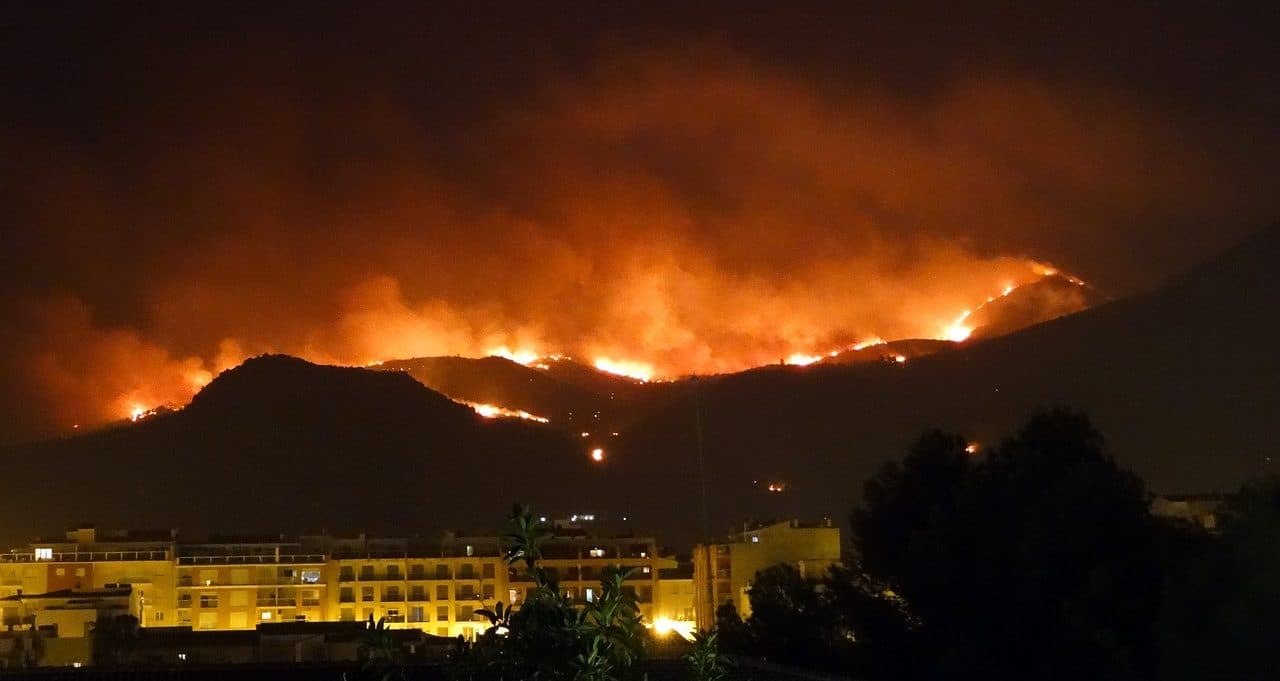
An arsonist is someone obsessed with fire.
Pyromania is a mental imbalance that leads a person to become obsessed with fire . Individuals who suffer from this disorder are known as arsonists .
An arsonist, therefore, is a subject who feels attracted to generating and spreading fire . This makes him dedicate himself to intentionally setting fires , enjoying the process and the consequences. For example: "The police arrested an arsonist who was planning to set fire to a car in front of the Plaza Mayor" , "Because of an arsonist, we lost everything we had" , "I don't think it was an accident: I suspect the action of some arsonist .
The arsonist according to psychology
Today, from psychology , it is usually considered that the arsonist suffers from an illness . Throughout history, however, people who had a tendency to set fires were considered morally flawed, rather than sick.
It is important to differentiate, however, between an arsonist and an arsonist who sets a fire for a specific purpose: obtaining financial gain, causing harm to another person, etc. Arsonists, on the other hand, set fire for the action itself , without any other purpose. They are usually lonely men, suffering from a deep anguish that they manage to relieve by starting a fire. With the fire already unleashed, these people can experience a feeling of relaxation or live a very pleasant moment.
Ensuring that arsonists receive care in psychiatric clinics is very important since their actions can cause everything from great material losses to fatalities or ecological catastrophes.

Arsonists can start large fires.
The diagnosis
In order for an individual to be diagnosed as an arsonist, it is essential that the following six criteria be met:
- It must have deliberately and recurrently generated more than one fire.
- Before every fire, you should feel emotional activation or tension.
- It must express a fascination or deep attraction for fire and everything related to it. For example, due to the various uses that humans give it, due to the consequences it can have in a fire that is not stopped in time, due to the equipment used to extinguish it, etc.
- You should feel great pleasure or relief once the fire starts, and the same should happen as you appreciate its impact.
- As explained in a previous paragraph, an arsonist should not have motives similar to those of an arsonist to set a fire, such as making money, giving a message related to his political beliefs, taking revenge on someone, destroying evidence of a crime. Likewise, the fire must not be caused as a result of the consumption of narcotics and its subsequent hallucinations or delusions, nor due to mental retardation, brain trauma or dementia.
- The action of setting fire cannot be due to a manic episode, a behavioral disorder or an antisocial personality disorder.
Arsonist treatment
The treatment that an arsonist receives usually aims to modify their behavior through a system of reward and punishment. In the case of children and adolescents, given that the origin of pyromania is usually related to a very chaotic reality at home, we begin by interviewing the parents or guardians in the presence of the minor, in order to establish the points to be discussed within the group. such as tensions, lack of supervision and poor disciplinary measures.
For adults, treatment is more difficult, since many live alone and refuse to collaborate in their own recovery. Therefore, unlike children, who usually receive assistance focused on improving their environment through new rules and supervision, a combination of therapy and medications is used.
